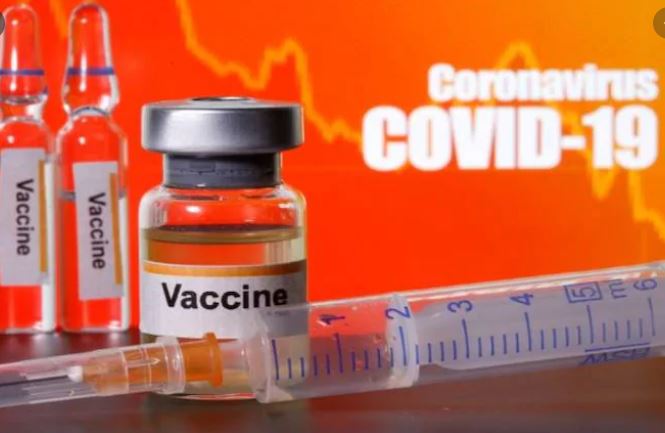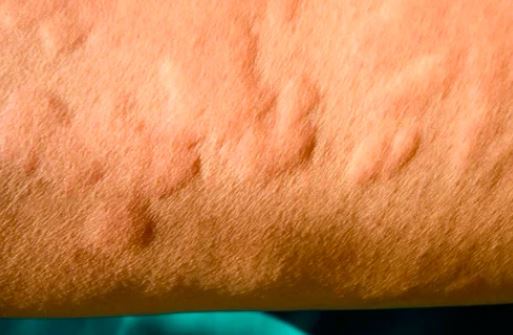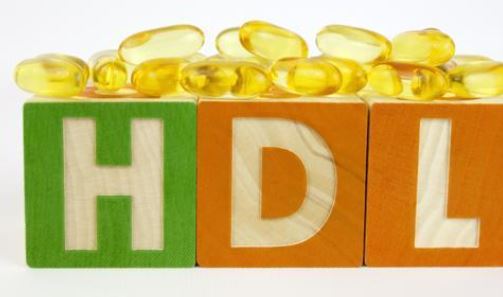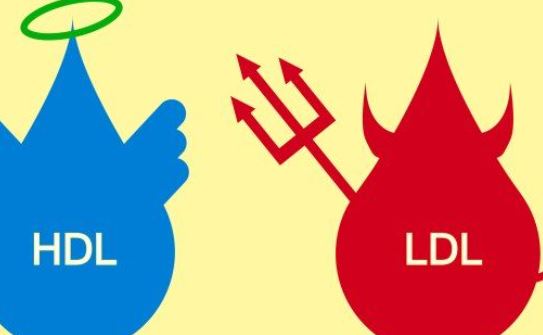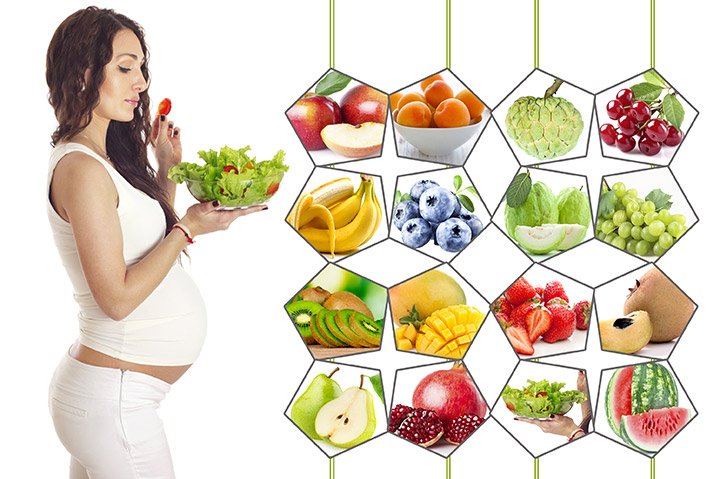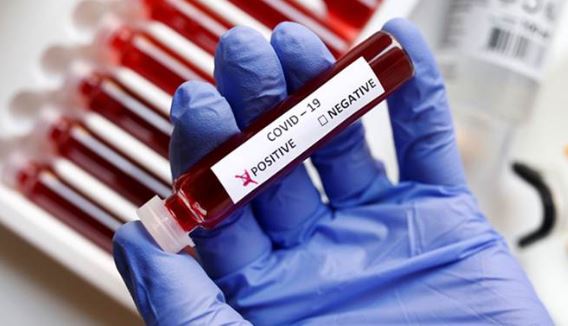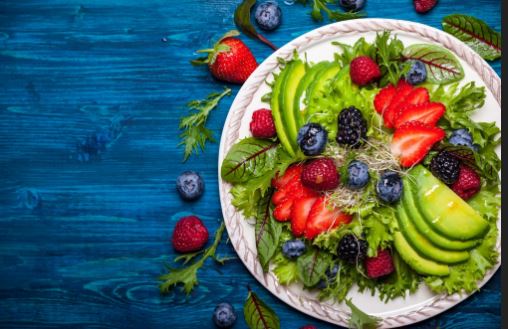How to Strengthen Your Immune System Through Diet
How to Strengthen Your Immune System Through Diet
Let’s get something out of the way: It’s impossible to immediately boost your immune system. Vitamin C supplements, turmeric juices, green smoothies — none of them will give you virus-fighting superpowers.
That doesn’t mean vitamins and minerals aren’t critically important for immune health, but the benefits take time to build up. The salad you eat today is a long-term investment, not a quick fix or an insurance policy against an immediate threat.
“There are a lot of factors that go into enhancing the immune system. It does not happen overnight, and it’s not all about diet,” says Kristin Kirkpatrick, MS, RD, lead dietitian and manager of Wellness Nutrition Services at the Cleveland Clinic. “Starting today is a good first step, but the key is keeping up these better habits.”
Vitamins and minerals are essential for cellular health in every organ system in the body. For immune cells, vitamins C, D, and E, and zinc appear to be particularly important. These nutrients “are needed for the immune system to maintain its normal function and have the ability to produce the arsenal they need to combat pathogens when they face them,” says Simin Nikbin Meydani, PhD, professor of nutritional immunology at Tufts University. “When you have deficiency of these nutrients, the cells of the immune system cannot function normally and their ability to fight pathogens will be impaired.”
Below is a quick rundown of how each of these nutrients benefits the immune system and how to work them into your diet. But first, an important caveat: None of these vitamins and minerals have been tested on the body’s ability to fight off the novel coronavirus. There is no evidence that vitamin C, vitamin D, zinc, or any other nutrient is an effective prevention method or treatment for Covid-19. Still, it’s a good time to prioritize taking care of your body and staying as healthy as you can.
Also Read: Ayurveda’s immunity boosting measures for self care during COVID 19 crisis By Govt. of India
Vitamin C
Vitamin C is the micronutrient most famously associated with a robust immune system. It is an antioxidant that protects cells from toxic byproducts that immune cells produce when destroying pathogens. Vitamin C also helps with the production and function of immune cells that attack viruses and bacteria. According to the Oregon State University Micronutrient Information Center, “Immune cells accumulate and concentrate vitamin C and then quickly use it up during an active immune response.”
Citrus fruits, strawberries, tomatoes, bell peppers, broccoli, and kiwi are all excellent sources of vitamin C. The National Academy of Medicine recommends 90 milligrams of vitamin C per day for men and 75 milligrams for women. Those amounts can easily be achieved with a cup of strawberries, half a cup of red pepper, or one large orange.
Vitamin D
Vitamin D stimulates the body’s first line of defense by increasing the number and activity of cells that gobble up invading pathogens.
The nutrient is unique in that it is primarily synthesized in the skin from sunlight. Vitamin D is harder to obtain through diet, although it can be found in fatty fishes like salmon, mackerel, and sardines. Milk, orange juice, and many cereals are also fortified with vitamin D to aid with calcium absorption. Adults should consume 15 micrograms of vitamin D, also measured as 600 international units (IU).
Vitamin E
Vitamin E is another type of antioxidant that shields immune cells from damage and hormones that suppress the cells’ activity. Through its protective effects, vitamin E enhances immune cell function.
A fat-soluble nutrient, vitamin E is found in vegetable oil, seeds and nuts, and avocados. Adults need an average of 15 milligrams of vitamin E a day, which can be achieved through three tablespoons of vegetable oil or two ounces of almonds.
Zinc
Zinc is essential for immune cell maintenance and development. Deficiency of this micronutrient can cause cells to break down and malfunction. Too little zinc is known to suppress the immune system, particularly in adults over the age of 60.
Shellfish, red meat, and beans are all good sources of zinc. Women should consume eight milligrams of zinc a day, and men should aim for 11 milligrams, which can be accomplished with six ounces of steak or just two oysters. Meeting the requirement with beans is a little trickier — it would take almost eight cups of black beans to get 11 milligrams of zinc.

